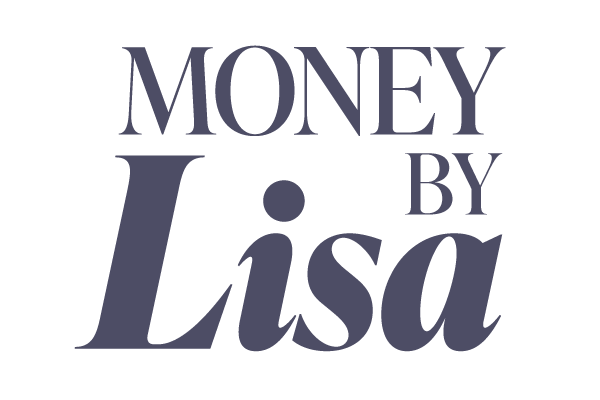Anchors Away!
If only we could overcome all of the weird games our mind plays when it comes to money! This is a topic that I have written about before, and I expect that I will return to it many times in the future. Today’s take is all about anchoring bias.
A short definition of anchoring bias is the way that we perceive a number based on prior knowledge of another, possibly completely unrelated number. Two quick examples:
If I tell you that I will sell you X for $40 and then follow up with an offer to sell you Y (which is a very similar thing) for $30, you are apt to perceive $30 as a good value. Maybe it is, or maybe it isn’t. As a point of fact, both items could be wildly overpriced.
What if a pair of gold earrings is marked down from $200 to $100? Is that a steal? Or was $200 never really the “correct” price?
This short article from Psychology Today, which includes a wonderfully approachable short video, does an excellent job of summarizing anchoring bias.
Anchoring bias shows up in other ways as well. In fact, what prompted me to write on this topic was a recent article I read in the Wall Street Journal’s weekly wildly expensive real estate and mega-mansions of highly questionable taste section. A homeowner was having trouble unloading his California palace at his desired price in today’s queasy real estate market. He was quoted as saying, “I’m not going to let the market dictate to me when I know the worth of it.” Oh, anchor bias, thy name is home sellers! The fact that a buyer offered to pay X for your home in March does not mean that the home is worth X in June. The June price may be perfectly reasonable based on current conditions. But having seen that March price, you are psychologically “anchored” to it; it is the yardstick by which you will compare every number that comes later. You don’t need much imagination to see how anchoring bias can also affect an investor’s behavior.
Salary negotiations are another area where anchoring bias can rear its head. As a hiring manager, if I open with a low-ball salary offer, your counter will likely be a reaction to that — and perhaps not based on what the actual market value is for your skill set. The article referenced above suggests that a possible antidote to this is to make the first salary move in the negotiations, setting your own anchor high.
And in fact, that advice carries over generally. We can overcome the pernicious effects of anchoring bias by being aware of its existence and doing our pricing homework before we approach any major spending (or selling) decision. Yes, I am going to say it again for the millionth time: knowledge is power.
